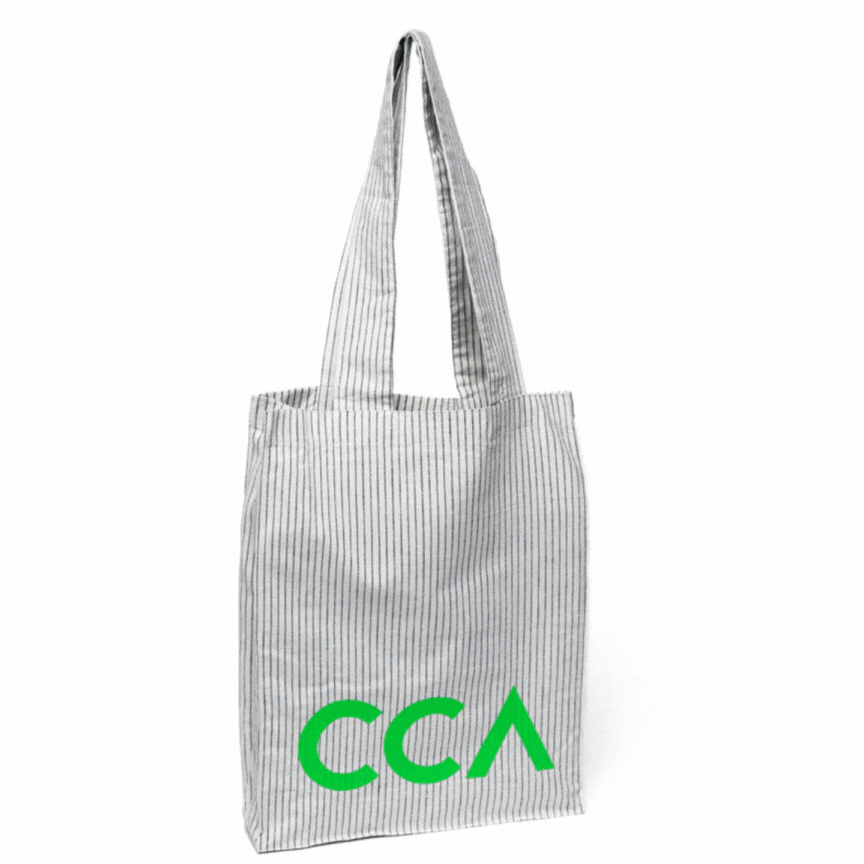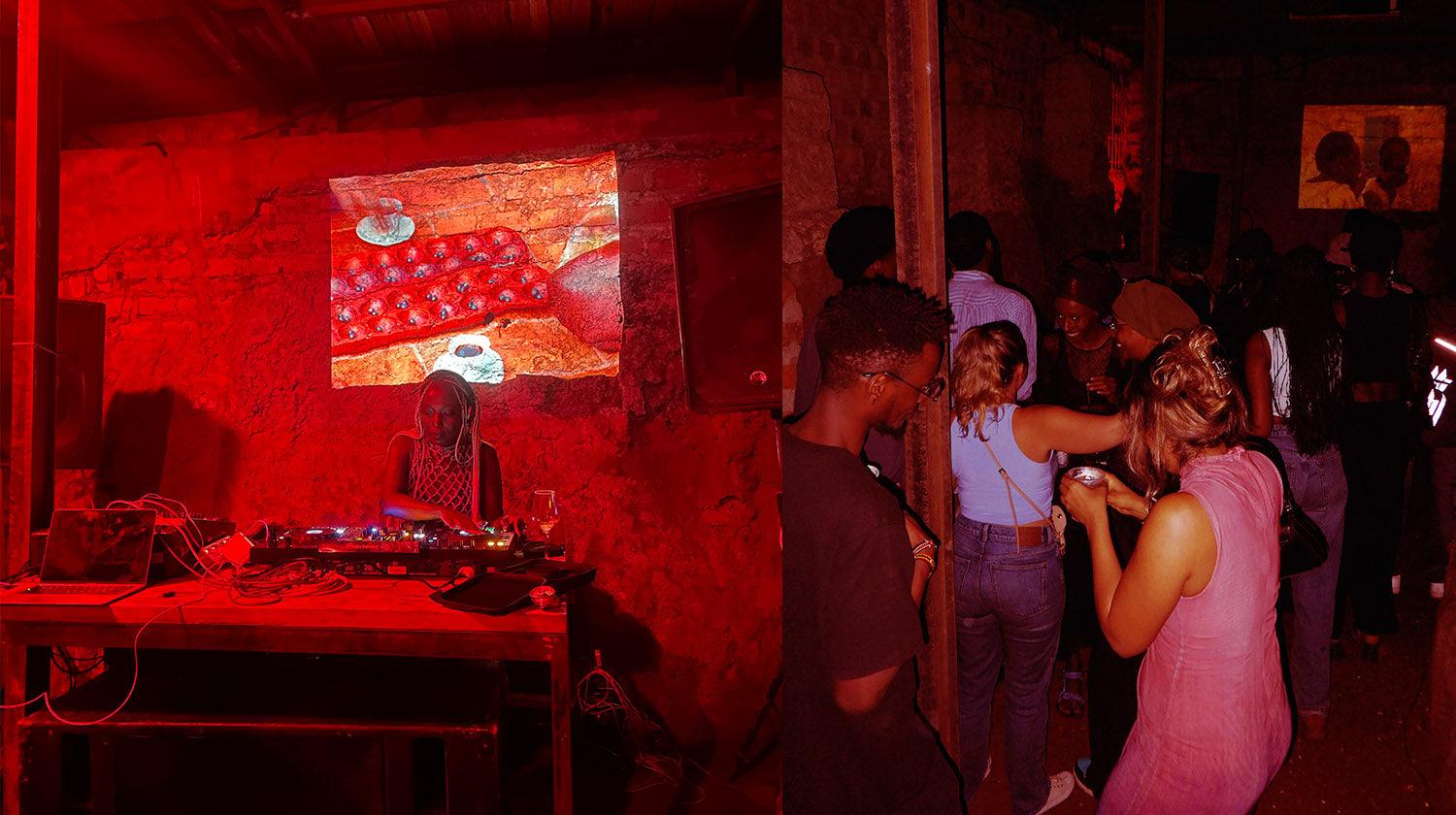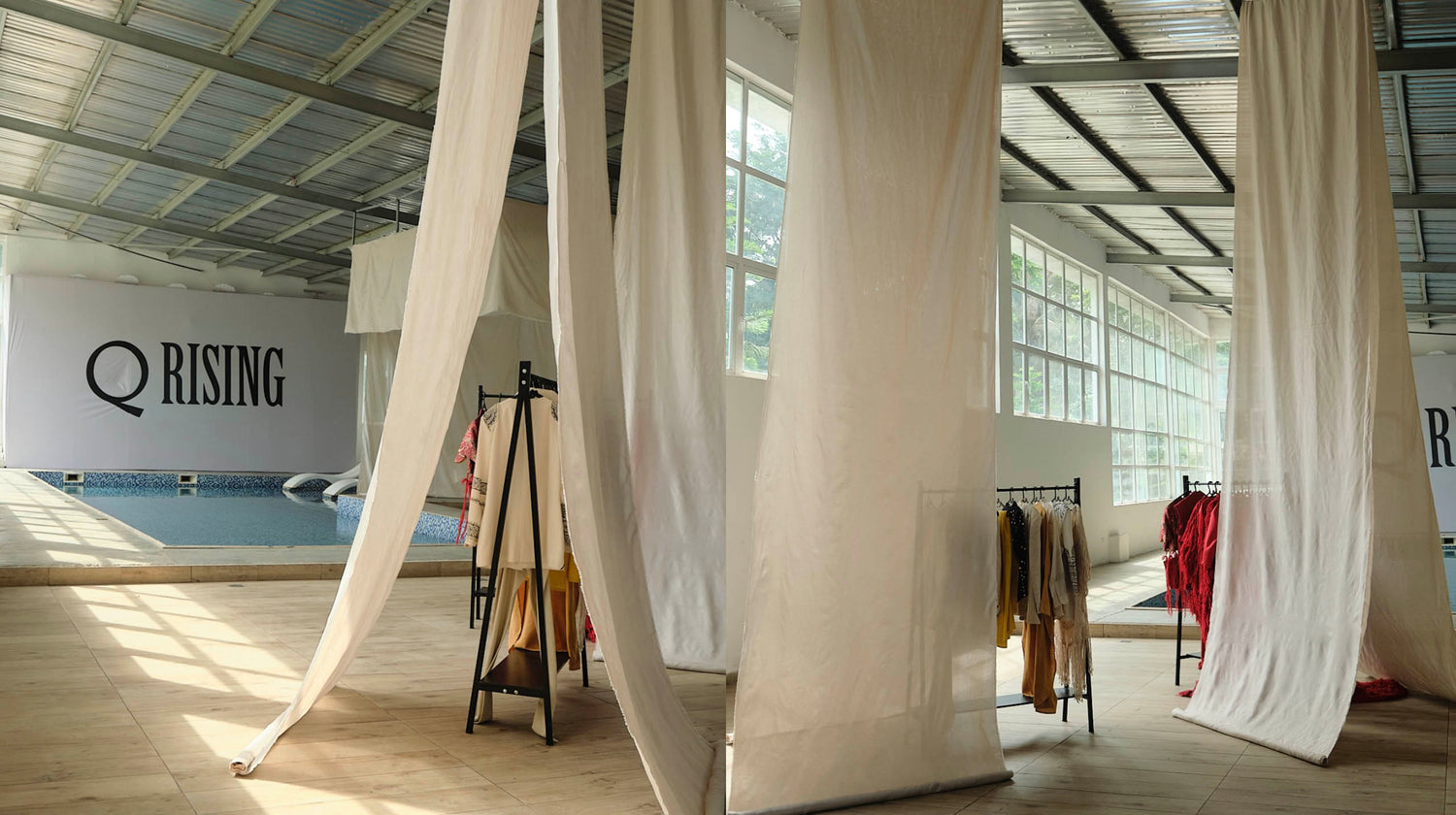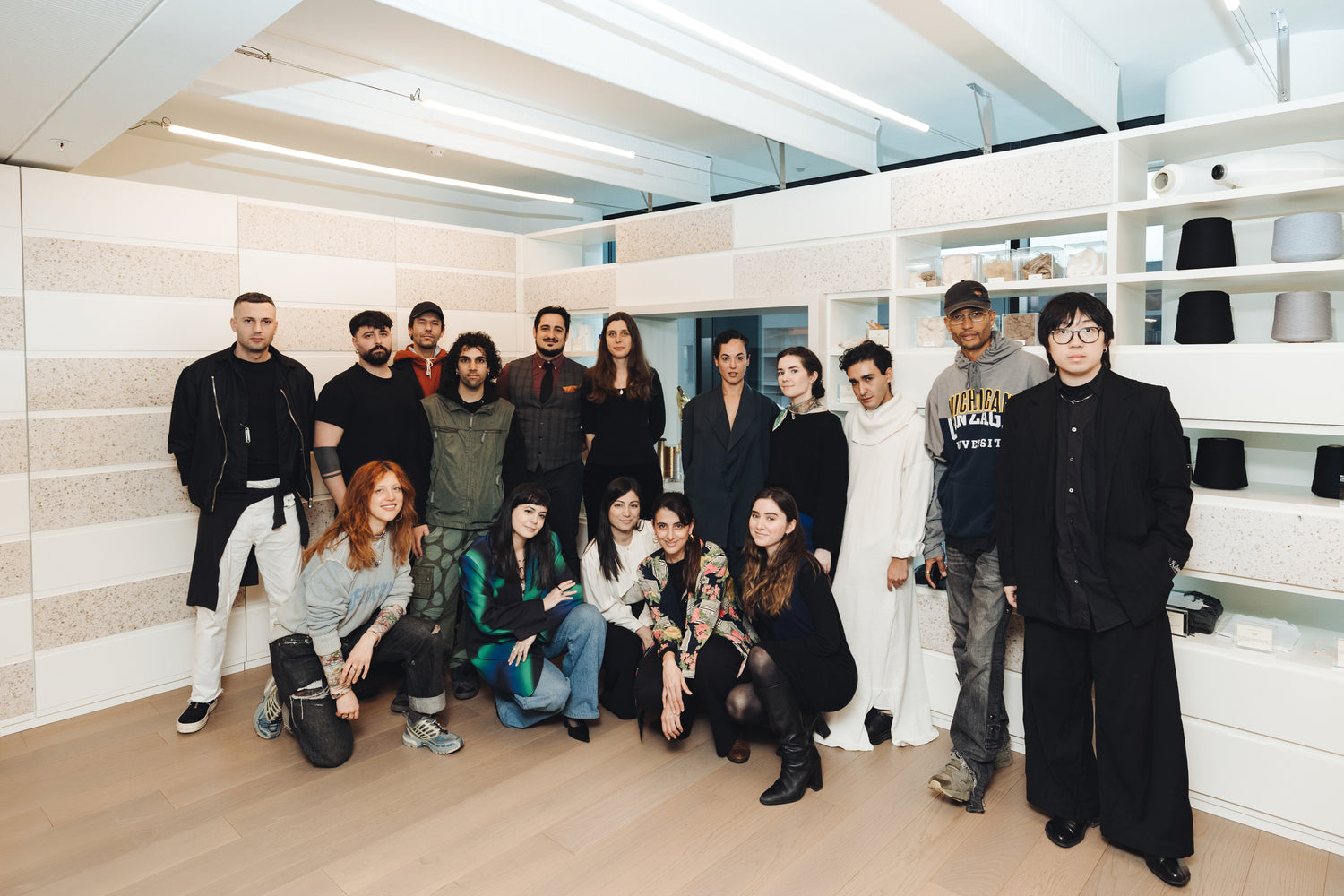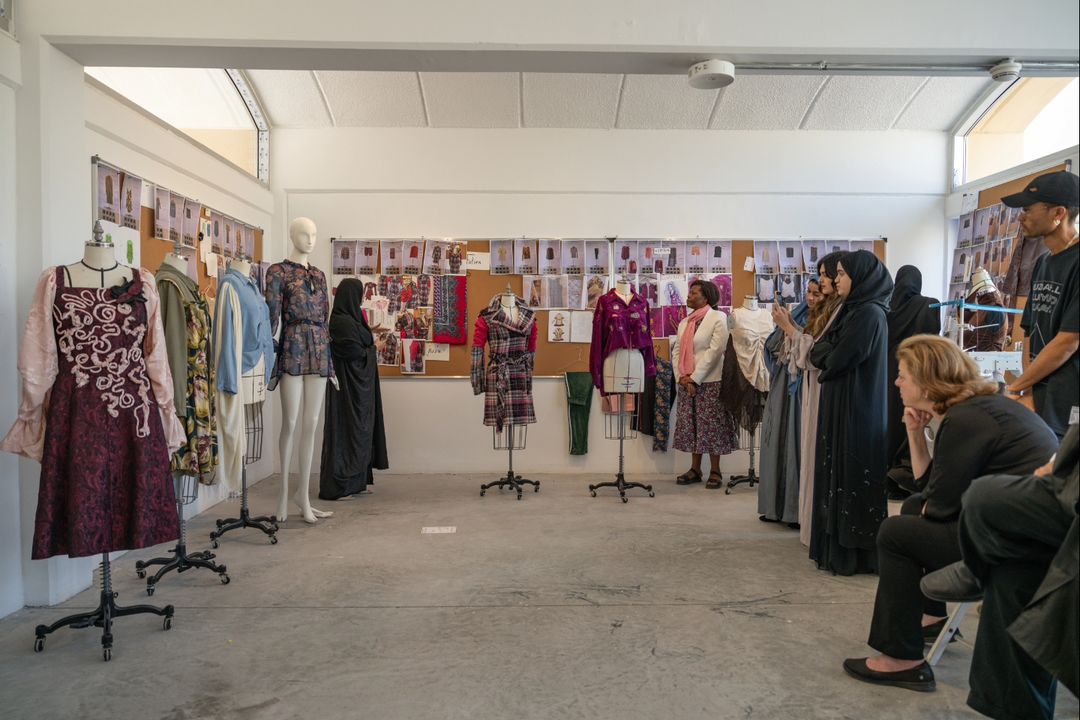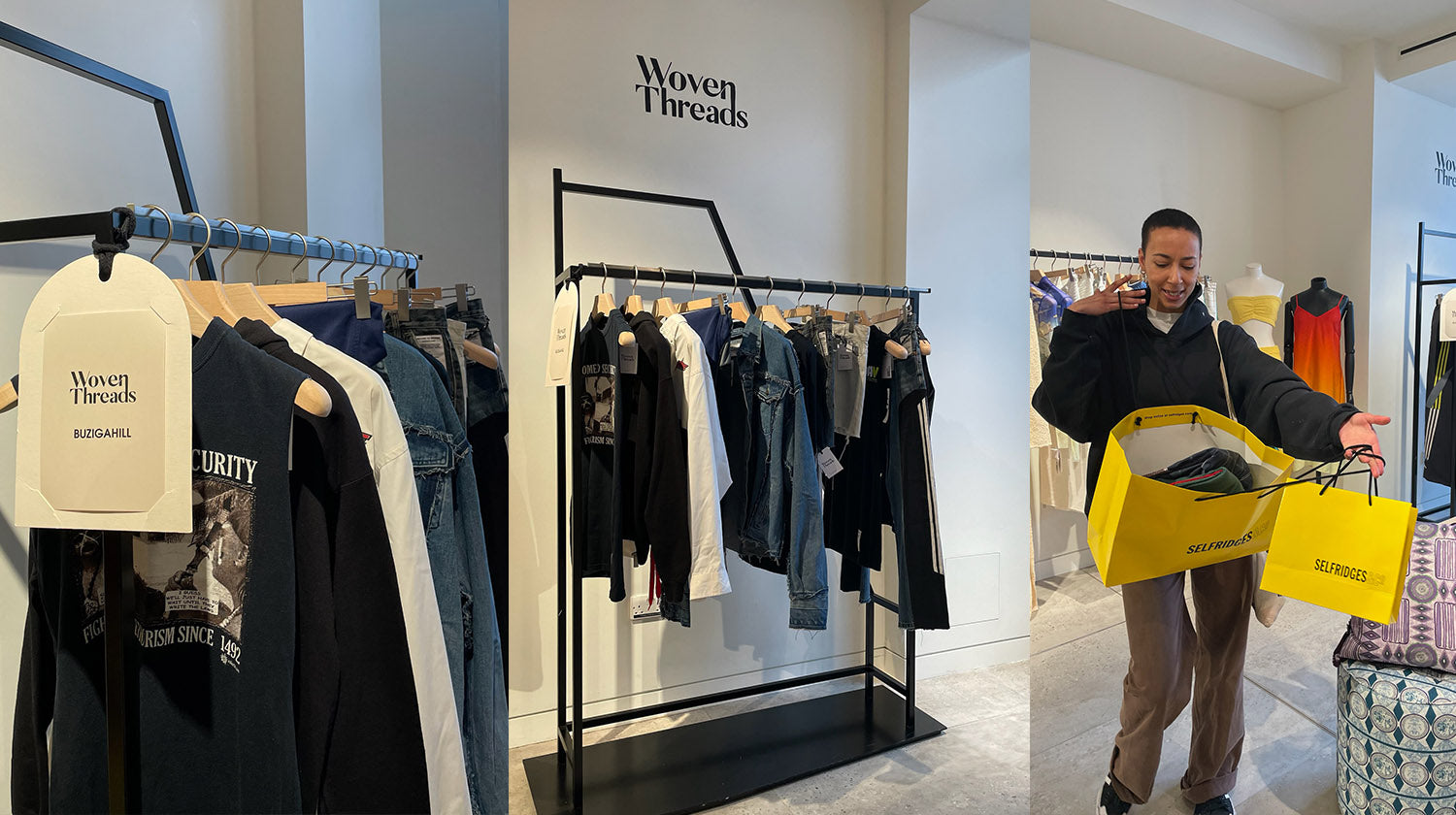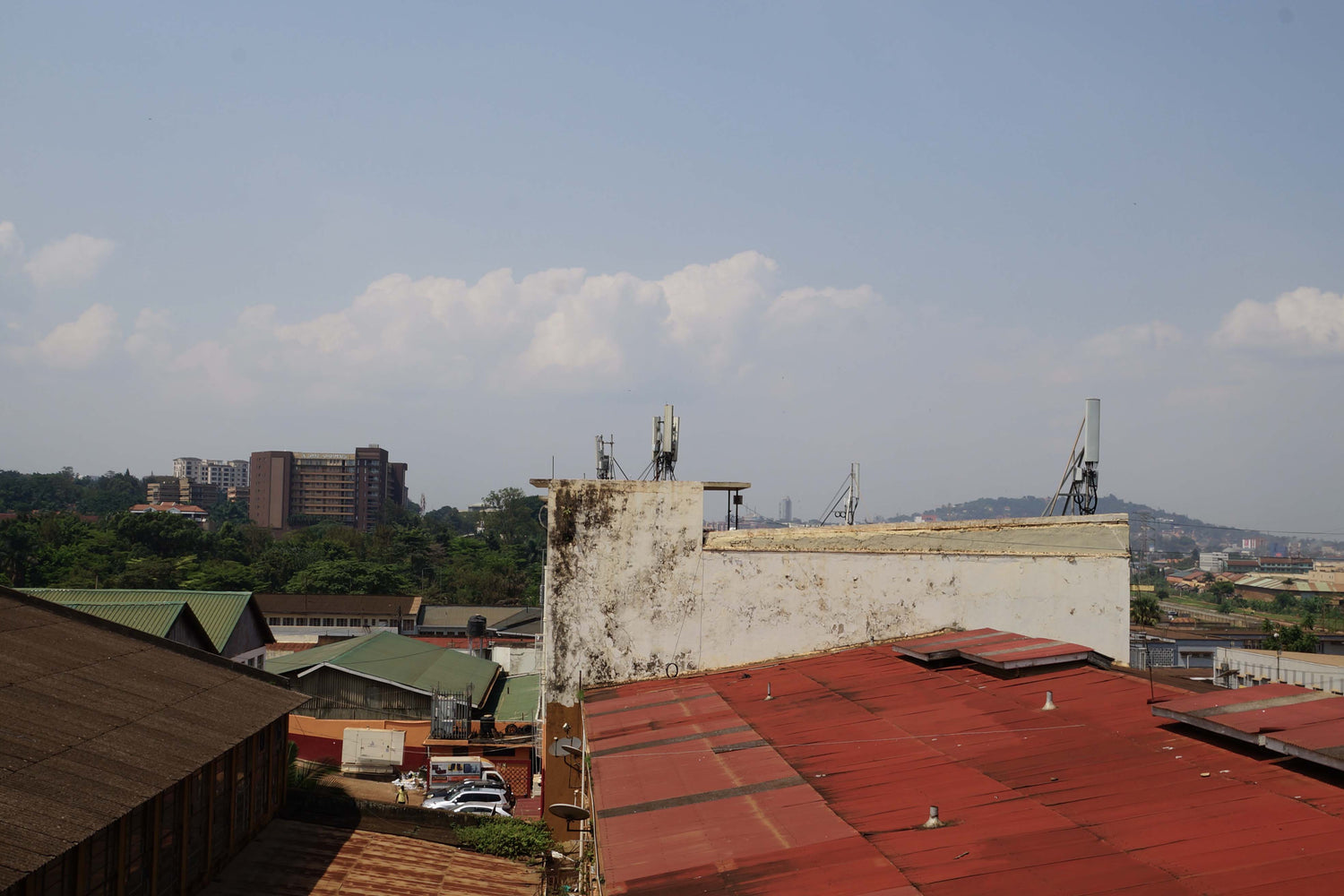Exhibition
25.09.2025-25.01.2026: RETURN TO SENDER enters the Barbican Centre with Dirty Looks. This major exhibition traces the dirty side of fashion and takes a closer look at how its enduring fascination with ‘dirty’ aesthetics has been used to defy beauty standards as a counterpoint to glossy digital perfection. Open to the public from 25 September 2025 to 25 January 2026. Check here for more information.
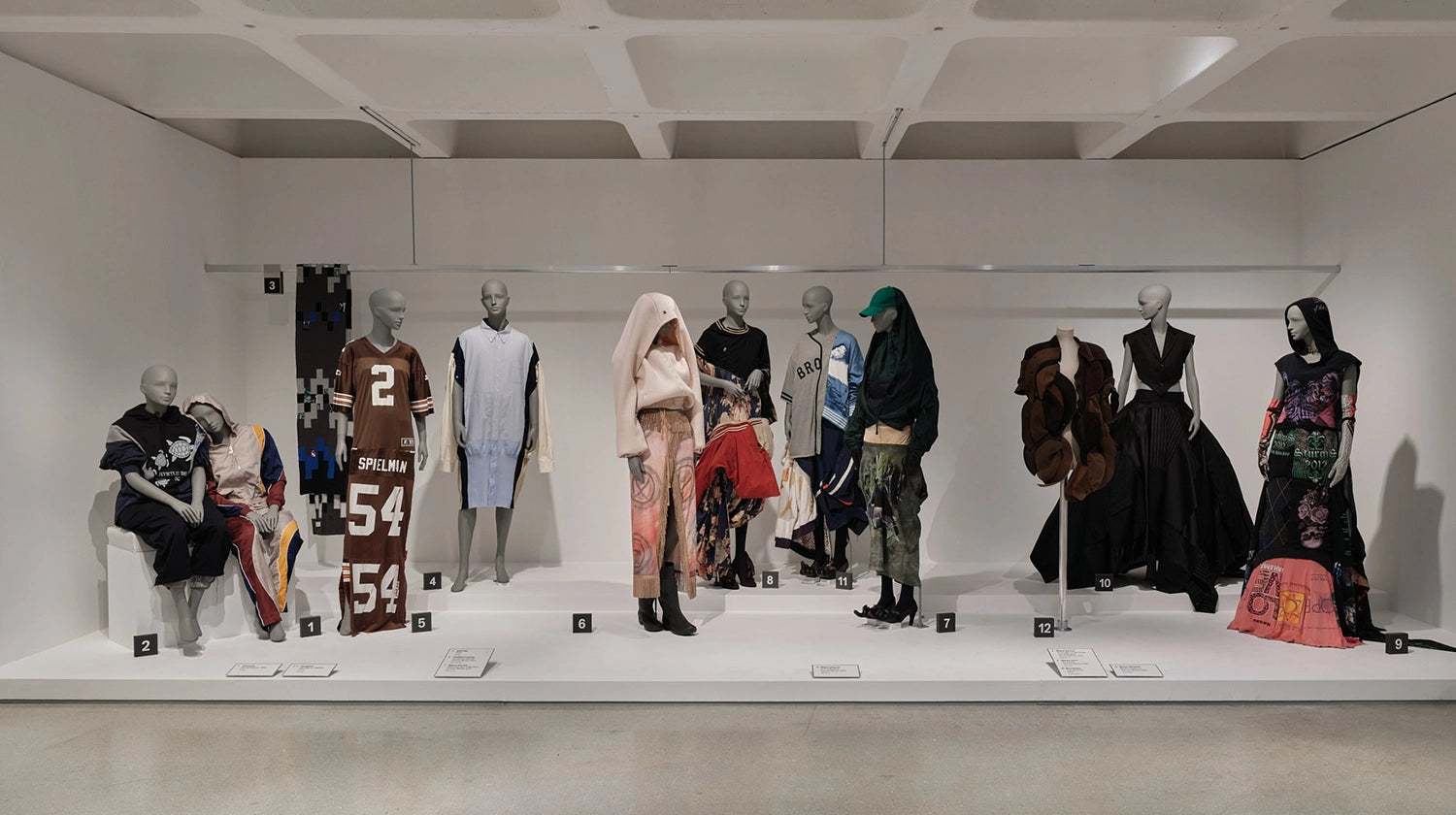
Dirty Looks, Barbican Art Gallery, © Thomas Adank



